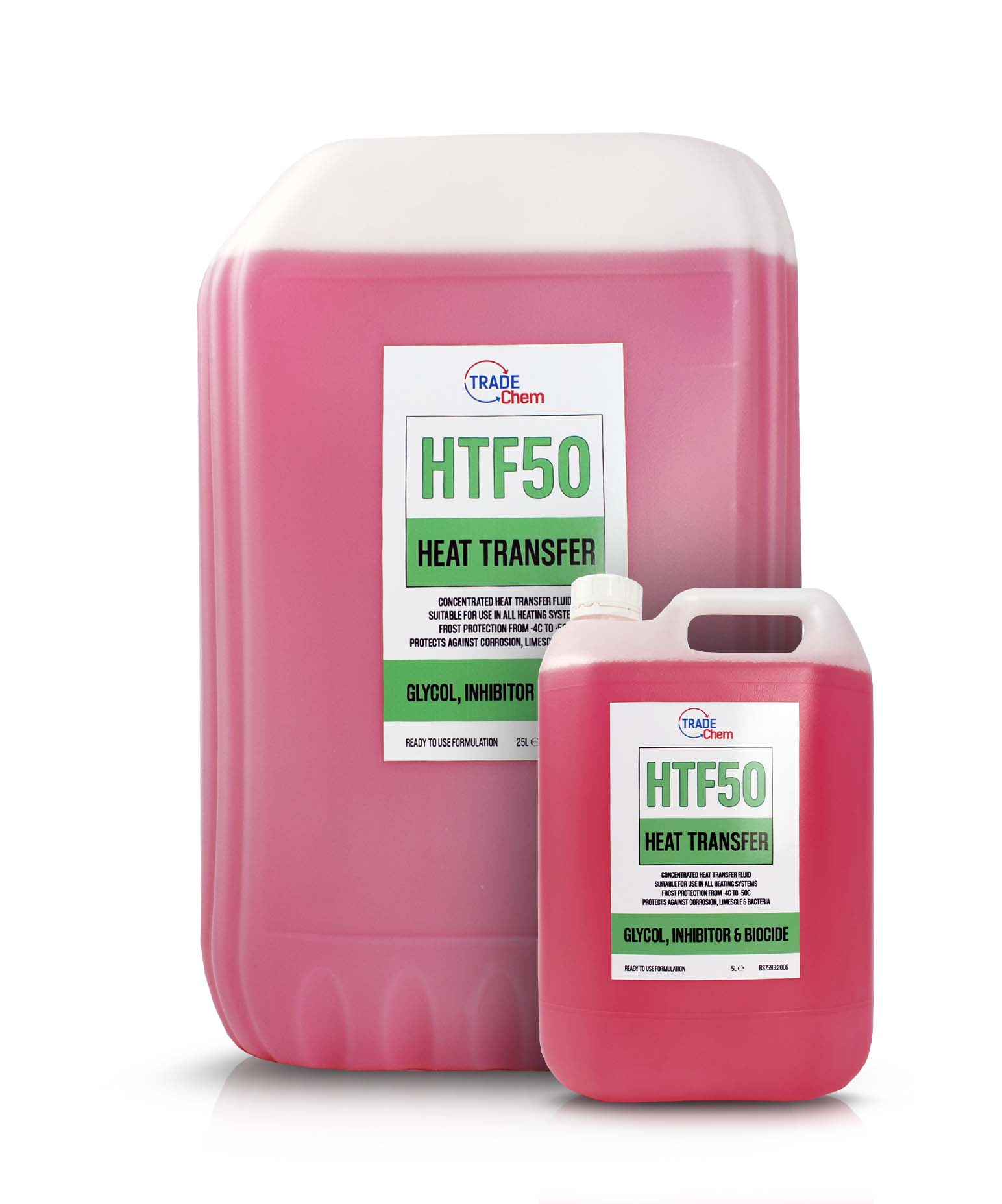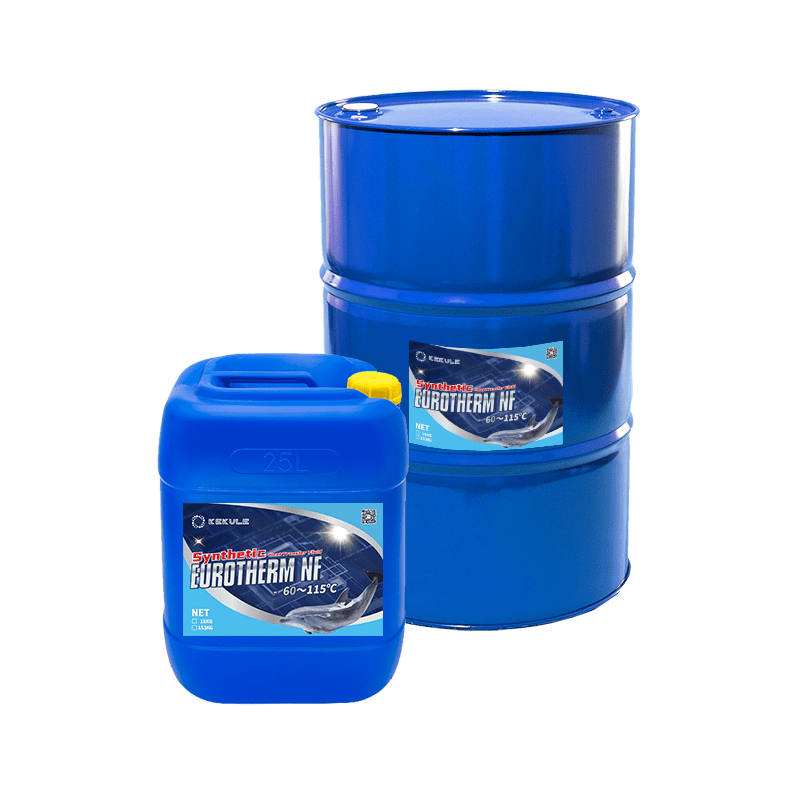Comprehending the Duty of Heat Transfer Fluid in Reliable Energy Equipments
Comprehending the Duty of Heat Transfer Fluid in Reliable Energy Equipments
Blog Article
Why Warmth Transfer Fluid Is Very Important for Optimizing Energy Transfer in Solution
The role of warmth transfer fluids in enhancing power transfer is pivotal for accomplishing efficient thermal management throughout various commercial sectors. These fluids help with seamless warm exchange, guaranteeing processes operate within ideal temperature varieties and minimizing the danger of overheating.

Function in Thermal Monitoring
Heat transfer fluids play an important duty in thermal monitoring by successfully managing temperature levels in different commercial processes and systems. These specialized liquids facilitate the transfer of warmth in between various components, ensuring optimum operating problems and avoiding getting too hot. By maintaining exact temperature level control, warmth transfer liquids allow sectors such as chemical manufacturing, oil and gas, and power generation to operate securely and successfully.
The selection of an ideal heat transfer liquid relies on a number of factors, including thermal stability, warmth ability, and thickness. High thermal stability makes certain that the liquid can stand up to extreme temperature levels without degrading, while a high heat capacity permits it to take in and release considerable amounts of heat - heat transfer fluid. Reduced viscosity reduces the power required for pumping, adding to overall system performance
Furthermore, warmth transfer liquids are integral in applications like refrigeration, where they help take in and dissipate warm throughout the cooling cycle. In solar thermal energy systems, these fluids capture and transport solar warm to create electrical energy or give hot water. Their flexibility to varied operating conditions and capability to preserve consistent thermal performance emphasize their importance in commercial thermal monitoring, helping with operational continuity and boosting precaution.

Enhancing System Efficiency
To take full advantage of the advantages of thermal administration, improving system efficiency through the calculated use warmth transfer liquids is vital. These liquids play an important role in enhancing power transfer by facilitating regular thermal regulation, which subsequently affects the overall efficiency and longevity of systems. Reliable heat transfer brings about lessened energy losses, minimized operational costs, and improved dependability of devices. By maintaining optimal temperature levels, warmth transfer fluids help make certain that systems run within their designed criteria, therefore protecting against overheating and reducing the danger of part failure.

Kinds Of Warm Transfer Fluids
The diversity of warm transfer fluids highlights their essential role in a series of commercial applications, each customized to satisfy details thermal monitoring demands. These liquids facilitate reliable energy transfer and are selected based on essential homes such as thermal stability, viscosity, and warmth capability. The main kinds include water, glycol options, oils, and synthetics, each offering unique benefits.
Water is one of the most common warmth transfer medium because of its high certain warm capability and affordable. Its usage is limited by its freezing and boiling factors. Glycol mixes, often made use of in heating and cooling systems, give a reduced freezing factor, adding adaptability in different environments. Mineral oils are preferred for their thermal security and non-corrosive nature, making them ideal for high-temperature applications.

Artificial fluids, including silicone and fragrant compounds, give remarkable thermal security and are made use of in settings demanding severe temperature level varieties. These fluids make certain superior efficiency in systems where traditional fluids might fail. The selection of a heat transfer fluid is vital, as it influences system effectiveness, redirected here safety, and longevity. Each kind needs to be selected to straighten with the operational demands and the specific conditions of the application it offers.
Environmental and Economic Conveniences
Making use of the appropriate warm transfer liquids provides substantial environmental and financial advantages for commercial operations. By selecting fluids with superior thermal security and high heat ability, industries can enhance energy performance, causing reduced fuel intake and reduced greenhouse gas exhausts. This adds to a smaller sized carbon footprint and aligns with international sustainability objectives. Eco pleasant warmth transfer liquids, often biodegradable and safe, reduce the threat of soil and water contamination in the event of leakages or spills, therefore safeguarding ecological communities and complying with strict ecological regulations.
Financially, the right heat transfer liquid can substantially reduce operational expenses. Effective warmth transfer decreases power expense, causing lower energy expenses and boosted profitability. Additionally, liquids with prolonged lifecycle performance decrease the frequency of replacements and upkeep, lowering downtime and linked expenses. Buying high-grade fluids can likewise reduce the threat of tools rust and failing, preventing expensive repair services and extending the life expectancy of crucial facilities. In affordable markets, these cost savings and performances offer an unique benefit, allowing business to designate sources extra effectively and purchase additional development. In general, the strategic use of ideal heat transfer fluids sustains sustainable economic growth and ecological stewardship.
Choosing the Right Liquid
How does one navigate the complex process of picking the right heat transfer liquid for commercial applications? Thermal security ensures the fluid can stand up to click for more info high temperature levels without breaking down, while compatibility avoids corrosion or various other damaging responses with system components.
Additionally, the fluid's warmth ability check out this site and viscosity are extremely important. A high warm capability permits the fluid to take in and transfer even more energy, improving efficiency. Optimum viscosity guarantees very little pump job and efficient heat transfer, particularly in varying temperature levels. Environmental and security elements ought to also belong to the decision-making process. Safe, biodegradable liquids reduce ecological influence and adhere to regulatory requirements, decreasing responsibility risks.
Conclusion
The strategic option and application of heat transfer liquids are essential to maximizing energy transfer across different systems. By ensuring high thermal security and capability, these liquids give precise temperature level control and enhance overall system effectiveness.
Report this page